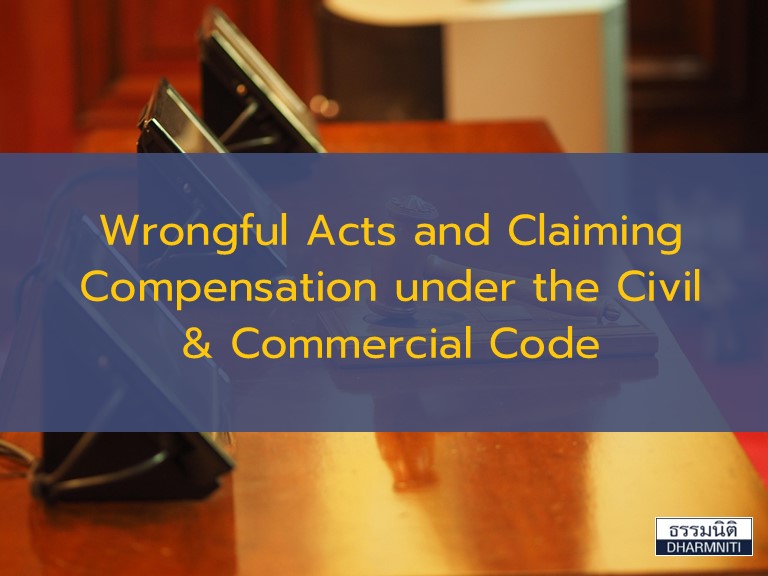When an employer is going to hire a new employee on a fixed term basis then there are several key things which it should be careful of in the contract to ensure that it is legally protected. This article shall provide employers with some tips on how to ensure a fixed term agreement is not interpreted as an ongoing employment agreement and as well as advice on how to ensure that employee allowances are not considered as wages when calculating severance pay under the Labour Protection Act (LPA).
Tips to help ensure that a fixed term contract is not interpreted as an ongoing employment contract
If an employer wishes to employ an employee on a fixed term basis rather than an ongoing basis then it should be careful of the following matters to ensure that the employment relationship is interpreted as being fixed term if it examined by the Thai Labour Court.
- The fixed term contract should not contain a clause allowing the employer to terminate the contract ‘at will’ prior to the designated expiry date if the employer has no work to assign to the employee.
- The fixed term employment contract should clearly specify the employment starting date and the term of the contract.
- The contract should not contain a renewal or extension clause as this could result in the Thai Labour Court interpreting the employment relationship as being ongoing rather than fixed term.
- Upon expiry of a fixed term contract, the employer should ensure that the employee leaves work and does not continue because if they stay on working past the expiry date (without a new contract in place) then it would likely be interpreted by the Labour Court that such employee is ongoing.
- The fixed term employment contract should not contain a clause providing for a probation period since it represents a non-fixed period of employment.
Advice on how to ensure employee allowances are not considered as wages when calculating severance pay under the LPA
Employers should be careful with regard to the giving of employee allowances such as rental allowance or a fuel allowance because these can easily be interpreted as being considered as a part of ‘wages’ when calculating severance pay if the employee is later terminated without cause. The writer advises the following tips be followed to help ensure that an employment allowance is not considered as wages:
- If an allowance is given to an employee, then the contract should clearly state that such allowance is paid by the employer for the employees’ welfare under the LPA. The contract should expressly provide that such allowance is being paid to assist the employee with respect to expenses incurred in carrying out their work for the employer.
- Allowances should if possible not be fixed and should instead be based on reimbursing an employee for actual costs incurred in the performance of their work. For example a fuel allowance should be based on actual receipts for fuel purchased by the employee for their work vehicle during a month rather than being set at a fixed rate for each month. The employer should retain these receipts to prove that the allowance paid was based on these actual expenses incurred rather than being a fixed amount.
- An allowances must not be calculated on the basis of work performed by the employee i.e. phone allowance paid at x THB per hour of work performed by the employee.
- The employer should issue a company regulation/policy providing details & conditions relating to the paying of allowances.
Dharmniti Law Office Co.,
Ltd. 2/2 Bhakdi Building 2nd Floor, Witthayu Road, Lumphini, Pathumwan, Bangkok 10330
Tel: (66) 2680 9777 Fax: (66) 2680 9711
Email: ryan@dlo.co.th or pongkans@dlo.co.th




 Except where otherwise indicated, content on this site is allowed to be used under
Except where otherwise indicated, content on this site is allowed to be used under